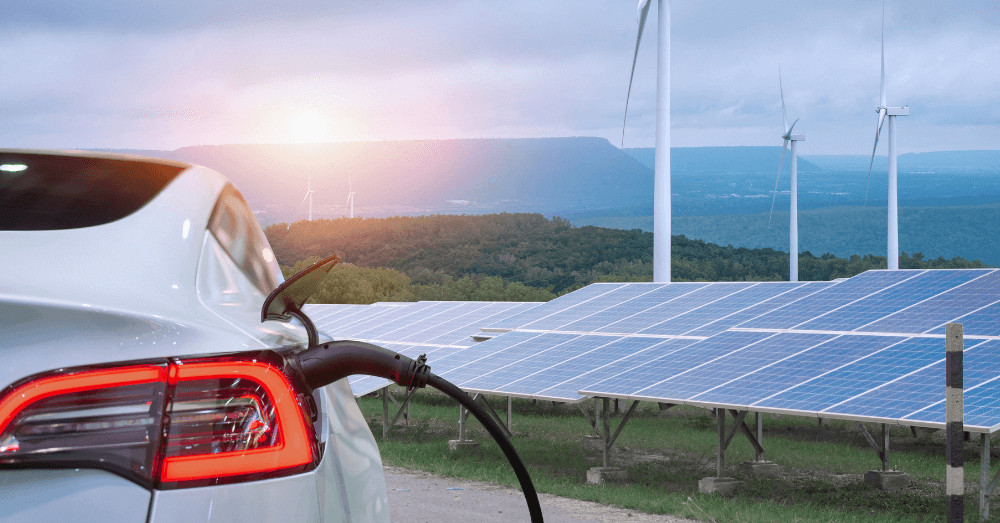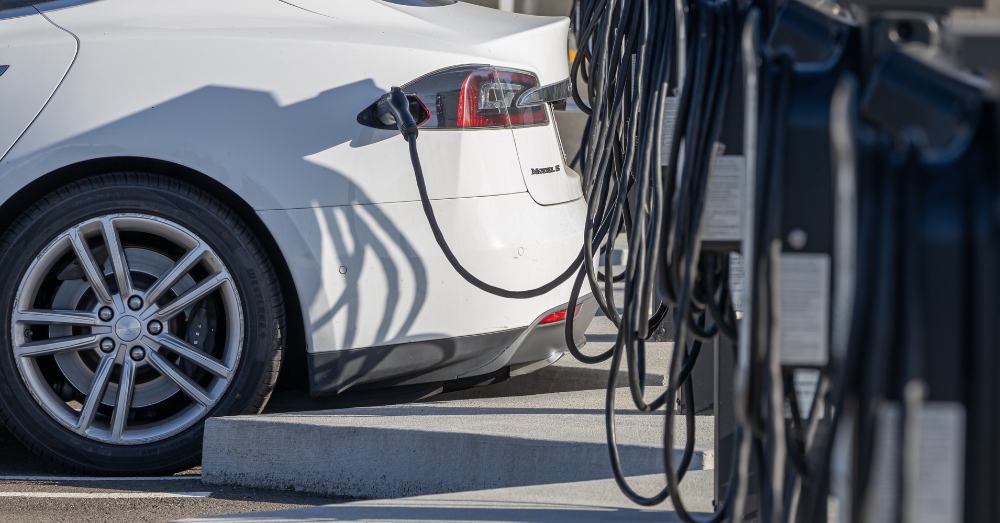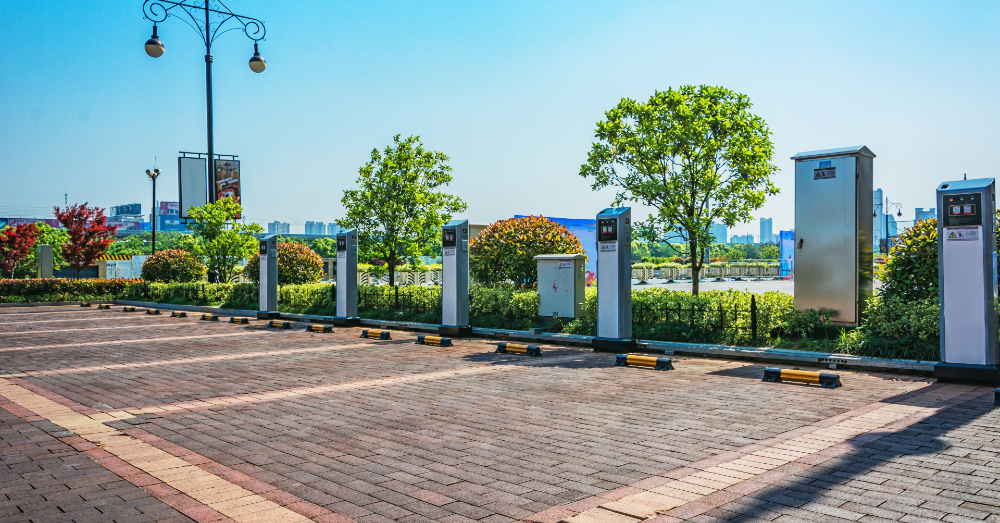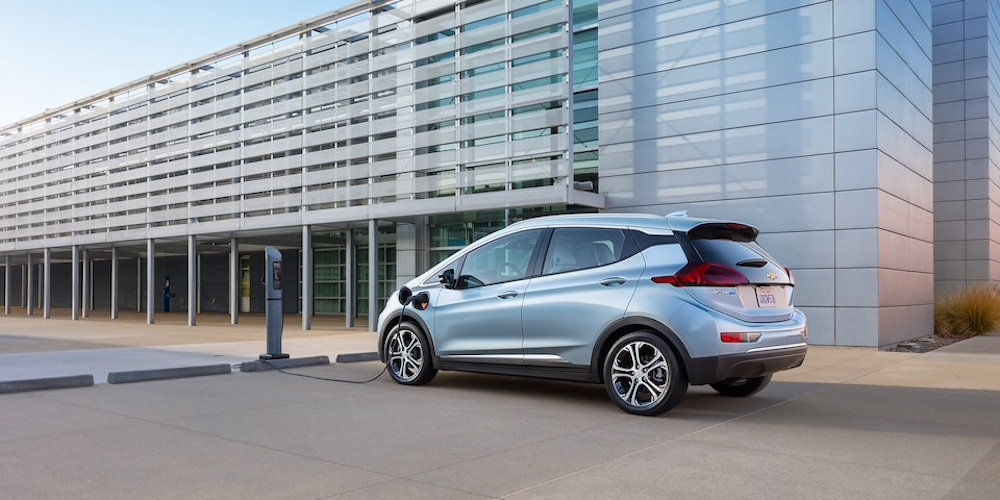
The Role of Lobbying in Shaping U.S. Automotive Regulations
Lobbying plays a huge role in shaping U.S. automotive regulations, with major automakers working behind the scenes to influence federal and state policies.
These regulations, which affect everything from emissions standards to electric vehicle incentives, are the result of complex negotiations and political maneuvering. As automotive giants like Toyota and Lexus work through regulation hurdles, their involvement through lobbying has a significant impact on the industry—affecting everything from Lexus service and repair policies to future emissions targets.
The Power of Lobbying in Automotive Regulation
Automakers invest heavily in lobbying to ensure their interests are represented in federal and state legislative processes. In 2023, the automotive industry spent nearly $85.8 million on federal lobbying, a record-high figure. This spending is often aimed at influencing emissions regulations, safety standards, and incentives for electric vehicles. For major automakers like Toyota, these efforts are critical for maintaining competitiveness in an evolving market.
Federal lobbying records reveal that many automakers actively lobby the Environmental Protection Agency (EPA) on emissions standards. The EPA’s regulations, such as those requiring automakers to meet average fleet emissions standards, directly impact manufacturers’ ability to produce and sell vehicles. By lobbying, automakers can negotiate slower emission reduction targets, giving them more flexibility as they transition from internal combustion engines to EVs.
Toyota and Lexus Are Vocal on Emissions and Fuel Economy Standards
Toyota has been a prominent voice in lobbying efforts, particularly regarding emissions and fuel economy standards. The company has historically advocated for more balanced policies that consider regions where electric infrastructure is lacking.
Lexus, Toyota’s luxury brand, benefits from these lobbying efforts as well. The standards that shape fuel efficiency and emissions directly impact Lexus service and repair offerings, particularly for hybrid models. As Toyota continues to push for emissions regulations that accommodate a diverse fleet, Lexus can offer consumers a variety of environmentally friendly choices without being forced into an all-electric lineup prematurely.

Electric Vehicle Incentives: A Lobbying Focus
Lobbying in favor of electric vehicle incentives has also taken center stage in recent years. The Inflation Reduction Act, passed in 2022, provides incentives for consumers to purchase electric vehicles, including tax credits. Toyota and other automakers lobbied hard to ensure that these incentives extended to vehicles that meet certain assembly and battery component requirements, providing a financial boost for buyers of new and used Lexus cars alike.
Additionally, Toyota has lobbied on critical minerals, which are essential for the production of EV batteries. Securing favorable trade agreements and ensuring a stable supply chain are key areas where Toyota’s lobbying has made a difference, ultimately shaping the incentives and costs for consumers interested in purchasing hybrid and electric models.
The Balance Between Safety and Innovation
Lobbying efforts by automakers also influence safety standards. While ensuring the safety of vehicles is always a priority, companies often lobby to ensure that regulations do not stifle innovation. This balancing act is evident in the way Lexus and Toyota approach advanced driver-assistance systems (ADAS) and other cutting-edge technologies. Through lobbying, they can advocate for safety regulations that promote technological advancement while maintaining high standards for consumer protection.
These regulations have a direct impact on Lexus service and repair as well, as dealerships and technicians must be prepared to handle complex safety systems in newer models. By shaping safety policies through lobbying, Toyota and Lexus help create a service environment that supports both innovation and compliance with evolving safety standards.
The Future of Automotive Regulations
As electric vehicles become more prevalent, the role of lobbying in shaping automotive regulations will only grow. Ultimately, these lobbying efforts ensure the regulatory environment innovation and consumer needs—from fuel-efficient vehicles to comprehensive service and repair options. As the industry continues to evolve, the influence of lobbying will remain a key factor in shaping the road ahead.
This post may contain affiliate links. Meaning a commission is given should you decide to make a purchase through these links, at no cost to you. All products shown are researched and tested to give an accurate review for you.



